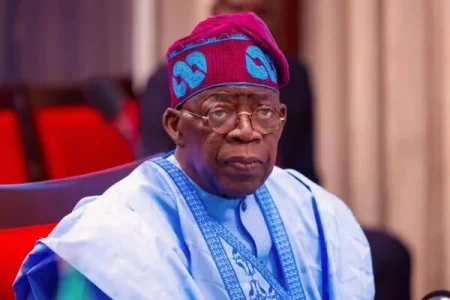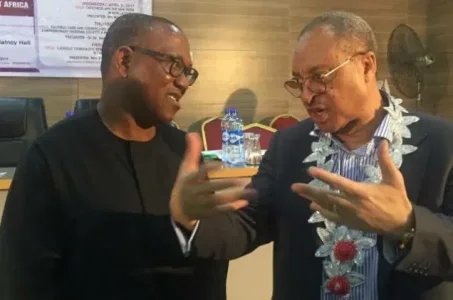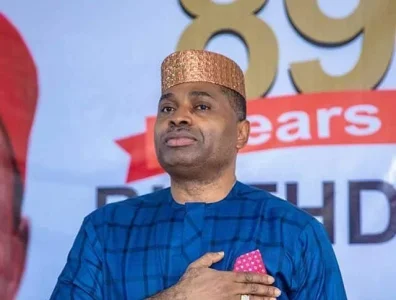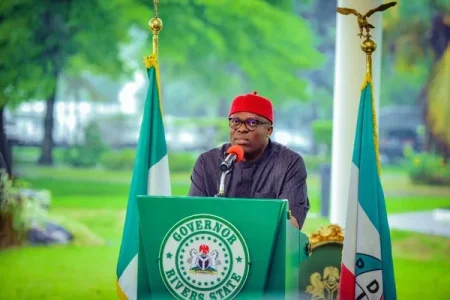
President Bola Tinubu defends his decision to remove Nigeria’s petrol subsidy, citing economic necessity and unsustainability. He emphasized long-term stability over short-term relief, despite inflation and rising costs. Tinubu called for resource management and criticized the subsidy for benefiting neighboring nations, reiterating no regrets about the decision.
President Bola Tinubu has maintained his position on the controversial removal of Nigeria’s petrol subsidy, asserting that the decision was necessary to safeguard the country’s economic future. Tinubu made this declaration during his first presidential media chat, emphasizing that the subsidy was unsustainable and detrimental to national growth.
The president explained that the subsidy had been draining resources meant for future generations, likening it to spending without adequate revenue. He stated, “We were not investing; we were only deceiving ourselves. This reform was essential to ensure proper resource management and economic stability.”
Since the subsidy’s removal was announced in May 2023, petrol prices have risen dramatically, from N190 to over N900 per litre, contributing to inflation and a higher cost of living. Despite public concerns, Tinubu defended his decision, insisting that Nigeria could no longer afford to subsidize neighboring countries benefiting from smuggled fuel.
Supporting the president’s stance, Minister of Information Mohammed Idris argued that the economy would have been in a worse state if the subsidy had continued. Finance Minister Wale Edun also noted that the subsidy had consumed approximately 5% of Nigeria’s GDP, underscoring its unsustainable nature.
Tinubu urged Nigerians to endure the reforms, describing them as vital for long-term economic growth. He assured citizens that these changes aim to create a stable and prosperous future for the country.




